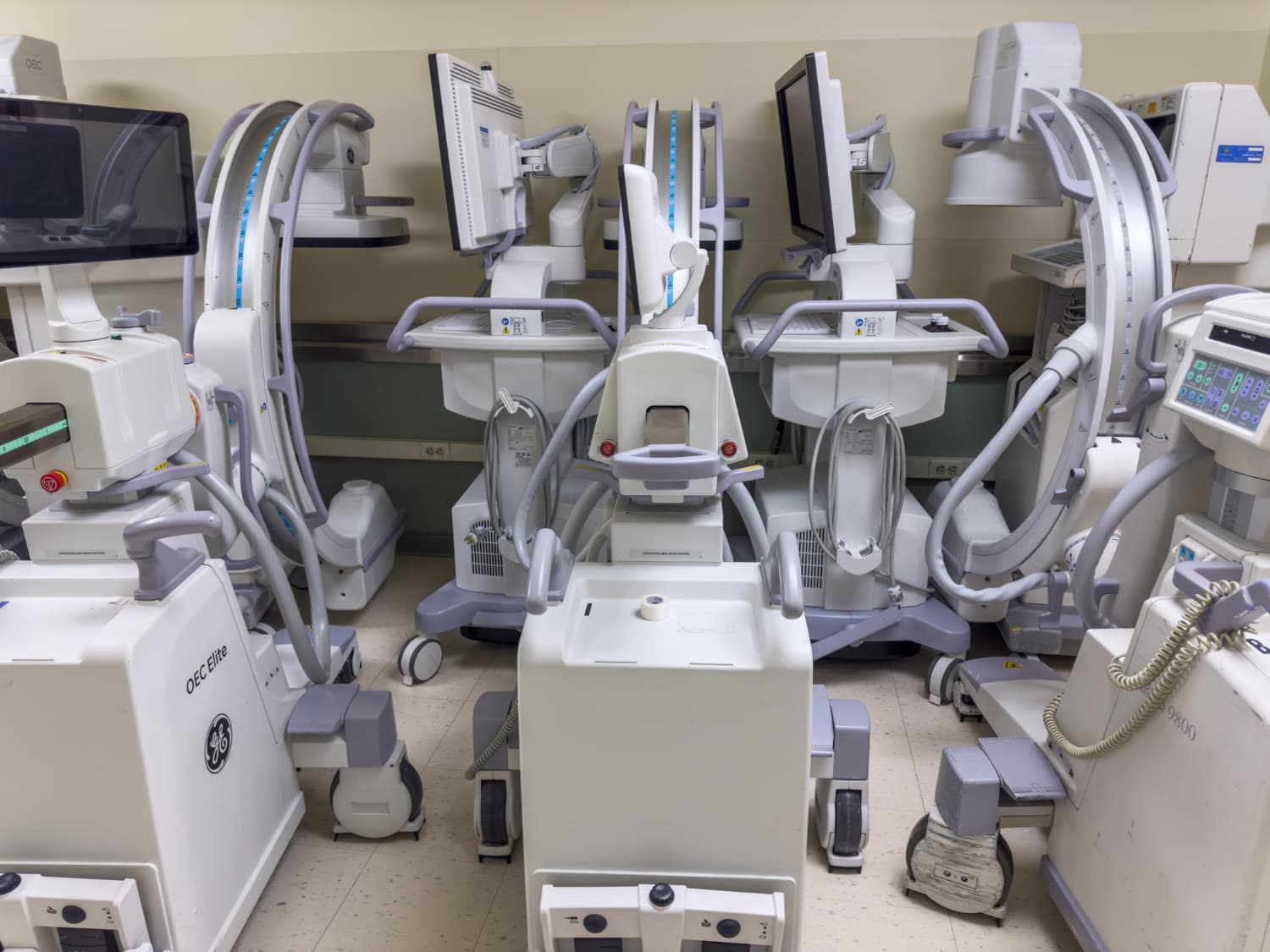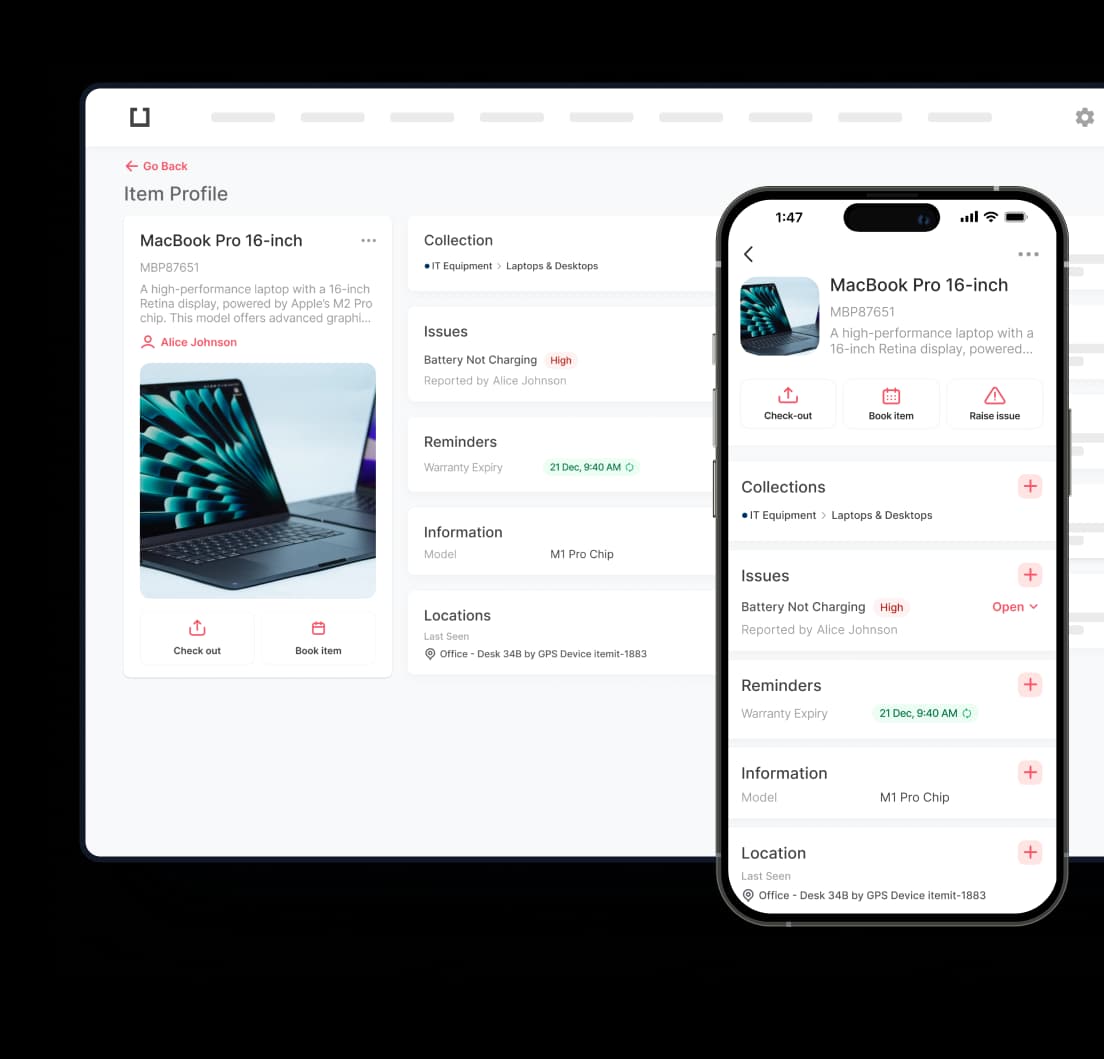Healthcare Supply Chain Management
From suppliers to manufacturers, distributors, healthcare providers, and lastly to consumers, supply chain management (SCM) involves the handling of items, information, and funds as they traverse the supply chain network. Managing this intricate network in healthcare essentially guarantees that patients receive the correct treatment at the right moment without delay.Effective healthcare supply chain management reduces interruptions that can compromise patient safety and outcomes. It guarantees the availability of necessary medicines, medical equipment, and devices.
Stakeholders in healthcare supply chain management include manufacturers, suppliers, logistics companies, medical experts, and patients, among others. To guarantee flawless care delivery, every link in this chain has to be effective, responsive, and cooperative. Moreover, a patient-centric approach is essential to ensure the supply chain supports ideal healthcare outcomes by means of targeted acquisition of appropriate resources at the appropriate moment.

What is Supply Chain Management in Healthcare?
Supply chain management in healthcare is a coordinated effort to manage the procurement, logistics, inventory management, and distribution of healthcare products and services. The goal is to ensure these supplies are available when required, without compromising on quality or efficiency.- Procurement: Procurement involves sourcing and purchasing necessary medical supplies and equipment, guaranteeing quality and regulatory compliance. It is a vital element influencing the whole chain. Successful procurement also entails contract negotiations and building solid supplier relationships to guarantee cost-effectiveness and timely delivery.
- Logistics: Logistics in the context of medical items involves their transportation, storage, and management. Timely delivery guarantees that healthcare personnel have the tools they need to treat patients successfully. Logistics management has to handle issues including temperature-sensitive drugs, emergency delivery, and guaranteeing optimum product quality.
- Inventory Management: Inventory control guarantees that healthcare institutions always have enough basic items without overstocking or waste. Good inventory control may either improve or destroy the operation of clinics and hospitals. Tracking stock levels in real time, replacing supplies as needed, and avoiding expired or outdated goods are part of it. Using inventory control tools will help greatly improve accuracy and efficiency.
- Distribution: Distribution guarantees products reach the right place right away. Strong logistics and inventory tracking systems are necessary to control the supply distribution to healthcare institutions. Routing optimisation is another component of good distribution management that helps to reduce delays and guarantee supplies reach the intended receivers uninterrupted.
Supply chain management in healthcare, at its core, integrates these components to create a streamlined and efficient system that provides uninterrupted healthcare services.
The integration of supply chain analytics in healthcare plays a pivotal role in optimising these components. Supply chain analytics enable healthcare organisations to predict demand, track inventory levels, and optimise procurement processes, ultimately enhancing efficiency and reducing costs.
Healthcare Supply Chain Strategy
Effective healthcare supply chain management depends mostly on a well-defined strategy. A strong strategy addresses sustainability, risk reduction, and ongoing improvement in addition to the immediate needs of healthcare providers.By precisely specifying procurement processes, logistical workflows, inventory systems, and supplier management techniques, a good plan helps to simplify operations. This helps healthcare companies to keep standards of service without sacrificing quality.
A well-organized approach helps medical facilities guarantee efficient resource use, control demand, and reduce hazards. Healthcare companies can increase supply chain process transparency and control by implementing best practices such as proactive planning, supplier collaboration, and inventory management using real-time data.
Moreover, a healthcare supply chain strategy ought to give resilience top priority. This implies developing backup plans for crises, spreading out vendors to lower reliance, and using technology to improve data visibility. Including resilience into the supply chain guarantees that healthcare institutions may keep providing quality treatment even in the middle of events including natural catastrophes, pandemics, or geopolitical concerns.

The Importance of Supply Chain Management in Healthcare
Efficient healthcare supply chain management is critical to the whole sector because it significantly impacts the quality of patient care, cost efficiency, and healthcare outcomes. A poorly managed supply chain can lead to stockouts, expired medications, and delayed care—all of which can put patient health at risk.By optimising the supply chain, healthcare organisations can:
- Enhance Patient Care: The correct tools at the right moment guarantee that medical practitioners may give the best treatment available. Equipment, instruments, and necessary drugs must be readily available to prevent compromising patient results. Diagnostic tools also For patients, having life-saving drugs on hand during an emergency can literally make the difference between life and death.
- Ensure Cost Efficiency: An optimised supply chain also supports smooth processes during a financial audit, ensuring all expenditures are properly documented and justifiable. Reducing the financial load on healthcare facilities also results in more easily available patient healthcare services. Savings can be used to improve patient care through new technology, personnel hire, or maintenance of healthcare facilities, so directing resources.
- Improve Outcomes: Timely access to medical supplies directly affects healthcare results. Good healthcare supply chain management guarantees patients get correct and timely treatment, thereby helping to lower treatment delays. Patients with chronic diseases who need continuous treatments and drugs particularly depend on this.
These factors combined make it clear that investing in an optimised supply chain directly correlates with improved quality of care and healthcare system sustainability. The integration of supply chain analytics in healthcare further enhances these benefits by enabling data-driven decision-making and improving the overall agility of the supply chain.
What Are the Benefits of Supply Chain Management in Healthcare?
Healthcare organisations can gain numerous advantages by optimising their supply chain, including:- Cost Savings: Simplifying the supply chain helps lower waste, minimise inefficiencies, and prevent unwarranted spending, strengthening the company's bottom line. Healthcare companies can save a lot of money by spotting cost drivers and cutting waste, helping the patient and the provider alike.
- Better Inventory Control: Good inventory control helps healthcare services prevent stockouts and overstocking. This results in improved patient outcomes and lower expenses linked to expired goods. By guaranteeing that only real and safe goods reach consumers, inventory control also lowers the possibility of counterfeit goods finding their way into the supply chain.
- Increased Supply Chain Visibility: Using technology solutions helps expose healthcare supply networks. Real-time tracking offers insight into the supply situation, lowering the possibility of delays. This visibility guarantees flawless patient care by letting healthcare providers make wise judgments about procurement, supply levels, and distribution.
- Enhanced Supplier Relationships: Stronger ties with suppliers resulting from a systematic approach to SCM guarantee a regular supply of quality goods and help prevent disruptions. Long-term alliances with dependable vendors help lower risks and generate mutually advantageous agreements, including mass buying discounts or priority service during crises.
- Operational Efficiency: Good healthcare supply chain management guarantees flawless functioning of every chain component, lowering mistakes and optimising daily operations' efficiency. Simplified procedures lessen administrative tasks so that healthcare personnel may concentrate more on patient care than on logistical problems.
Risk Mitigation: A well-defined strategy enables preemptive planning, lowers the possibility of disruptions, and helps detect possible hazards in healthcare supply chain management. Anticipating hazards helps healthcare practitioners take precautionary action to reduce them, such as keeping safety stock, diversifying suppliers, and using backup distribution channels.
Uncovering Supply Chain Issues in Healthcare

- Lack of Visibility: Many healthcare companies find it difficult to maintain awareness of their supply chain operations. The absence of integrated systems causes delays and bad communication. Reduced visibility can lead to over-ordering, stockouts, ineffective resource use, and, finally, compromised patient care.
- Outdated Technology: Depending on antiquated technologies or manual procedures reduces the capacity to track inventories and identify inefficiencies. Overstocking, stockouts, and interruptions can follow. Improving supply chain visibility and efficiency calls for modernising technological infrastructure and implementing digital tools.
- Supplier Dependency: Many medical professionals rely mostly on a small number of vendors. This overindulgence raises risk, as any disturbance with a supplier can cause shortages. Varying the supplier base may help reduce this risk and guarantee that healthcare institutions always have access to the required goods.
- Regulatory Compliance: Strict regulatory criteria that healthcare supply chains must follow add another level of complexity. Maintaining efficiency while guaranteeing compliance might sometimes be difficult. Technological solutions that automate reporting and compliance monitoring will help relieve some of this load.
- Inefficient Inventory Management: Inefficient inventory management often results in surplus or shortages, complicating the inventory audit process and compromising patient care. Automated inventory tracking and real-time data monitoring greatly enhance inventory control methods.
Lack of Collaboration: Separated departments and poor coordination among teams, including procurement, logistics, and inventory control, may hamper the efficiency of the supply chain. An efficient supply chain depends on a culture of cooperation and open lines of communication between several divisions.
Organise Your Healthcare Supply Chain with itemit
Healthcare providers can overcome supply chain issues in healthcare by integrating technology and adopting strategic practices. A reliable solution like itemit can be instrumental in transforming your healthcare supply chain management, making it more streamlined and efficient.- Technology Integration: Using itemit's asset tracking solutions offers an improved view of supply chain operations. Real-time tracking lets one spot possible shortages before they start, enabling proactive response. IoT-enabled gadgets and RFID tags will help improve tracking accuracy even more and lower the possibility of lost or missing goods.
- Better Forecasting: We use supply chain analytics in healthcare to help forecast demand and maximize inventory. It guarantees that medical facilities keep the right level of supply, preventing catastrophic shortages or overstock. Additionally, predictive analytics' ability to spot seasonal fluctuations and trends helps healthcare professionals prepare.
- Stronger Supplier Relationships: Better data allows healthcare companies to build and foster close supplier ties. Itemit helps to preserve consistency and efficiency by offering an understanding of procurement and delivery trends. Data-driven insights let medical professionals properly control supplier performance and negotiate better contracts.
- Automate Inventory Management: By automating inventory control, itemit's simple system reduces errors, frees staff time to concentrate on patient care, and replaces human checks. Automated reordering and expiration date notifications always guarantee ideal inventory levels, therefore preventing stockouts and waste.
- Regulatory Compliance: Our technologies guarantee correct record-keeping and facilitate compliance with strict healthcare rules. Automated documentation and reporting tools make compliance easy to maintain, assuring that healthcare companies satisfy all legal criteria without needless administrative burdens.
- Data-Driven Decision Making: The insights that our software can provide you with let healthcare companies make data-driven decisions. This results in more effective resource use, better inventory control, and better patient outcomes. Thanks to data analytics, healthcare providers may also assess supplier performance, pinpoint inefficiencies, and streamline their supply chain.
An effective supply chain is the backbone of any healthcare institution. Implementing our solutions can enhance healthcare supply chain management transparency, boost operational efficiency, and ultimately improve the quality of patient care. For more information on how itemit can help revolutionise your efforts, reach out to team@itemit.com today.





